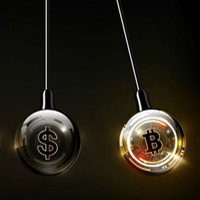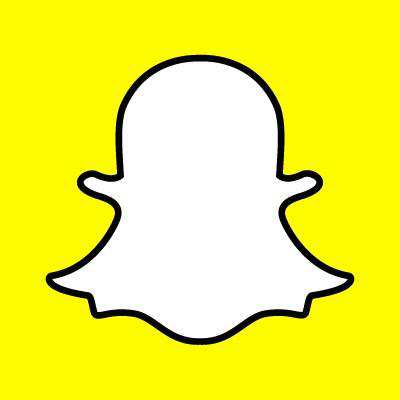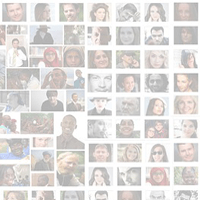The Perils of Branding on Facebook

 The modern climate of Internet marketing (heck, marketing in general) continues to drive home the importance of having a social media presence. However, now that this has become standard practice for brands, as opposed to something new and experimental, some studies have been suggesting that maybe, in hindsight, promoting your brand on Facebook is more futile than fruitful.
The modern climate of Internet marketing (heck, marketing in general) continues to drive home the importance of having a social media presence. However, now that this has become standard practice for brands, as opposed to something new and experimental, some studies have been suggesting that maybe, in hindsight, promoting your brand on Facebook is more futile than fruitful.
It should be shocking to very few of us that most brands find their page buzzing with activity more frequently when they're offering special deals or promotions; in fact, that's kind of a given.
Still, unless you're willing to offer an endless string of promotions, you're Facebook page is eventually going to stall and you're going to see a rapid drop in activity. These "in-between" times often lead to many fans forgetting about, or losing interest in, the brand's they follow, leading to them abandoning your page, either literally or just symbolically. Factor in evenings, weekends and holidays, those rare times when people may have something more interesting to do than find companies to follow on Facebook, and suddenly finding away to engage users without resorting to promotions becomes a pretty difficult task.
The thing is, you can offer promotions in a variety of ways, not just through Facebook or other social media outlets. The reason you present these deals on social networks is just to goad users into taking the initial plunge and connecting with your brand, and from there you've got 'em -- endless hours of active engagement will abound and you'll have yourself a lifelong income generator, all thanks to the new social world in which we live. Unfortunately for even the most optimistic brand strategist, that tends to not be the case.
This issue comes to light thanks to a recent survey by DDB Paris and OpinionWay in which over 40 percent of respondents tended to "unlike" a brand's Facebook page once a promotion or campaign ends. It seems to be a case where "a lot of the unliking seems like fallout after brand promotions end -- people click like in order to claim an incentive, and ultimately purge clutter from news feeds."
Among the reasons for why users chose to eventually disengage with a brand were because it no longer interested them (49%), the available information was no longer interesting (46%), content was published too often (36%), the brand published information that the user didn't appreciate (27%) and because they did not post content enough (14%).
You can check out an infographic of the survey's findings below, with the added bonus of having the percentages broken down by country:

What it comes down to is that most people don't appear to be that "interested" in a brand to begin with, but rather just the promotions that they are offering. This doesn't really scream "building brand loyalty" the way I'm sure most businesses would want it to. What's more, it seems like trying to foster engagement with existing fans can be hazardous as well, as over one-third of the respondents said that they "unlike" a page because they publish content too frequently.
This seems to mesh particularly well with the results of a study conducted by Market Sentinel, in conjunction with Skyttle Friends, about the very low volume of users who repeat engagement on Facebook pages that they have "Liked," with even some of the world's biggest celebrities only having a fraction of their millions of fans actually making an effort to interact with their pages regularly, if at all. The average percentage of so-called "core fans" (those who have commented more than average for the page) was 0.002 percent.

If even a landmark bastion of American entertainment like Linkin Park struggles to get any sort of significant engagement with their 31,000,000+ Facebook fans, how does that bode for a small business with a couple of thousand fans who want to create meaningful customer experiences that encourage brand loyalty?
Remember, a big part of a user's news feed, and how much content they see, is determined by Facebook's Edgerank (at least, it was before the roll out of the new Subscribe feature), which heavily weighs how much a user and page interact. Ipso facto, if your fans aren't interacting with you, you're in great danger of disappearing from their walls and, thus, out of their social world.
This isn't to say, of course, that abandoning social media branding is the way to go. What it should do, however, is alert you to the real pitfalls of trying to navigate such a new advertising realm that is already littered with tons of brands competing for the attention of users. Innovative solutions are the way to go about establishing your own unique presence on Facebook.
Do you see these types of problems with your brand on Facebook? What have you done to combat this issue?

Subscribe to Our Newsletter!
Latest in Social Media









